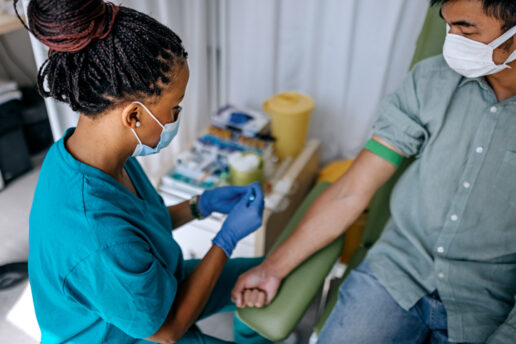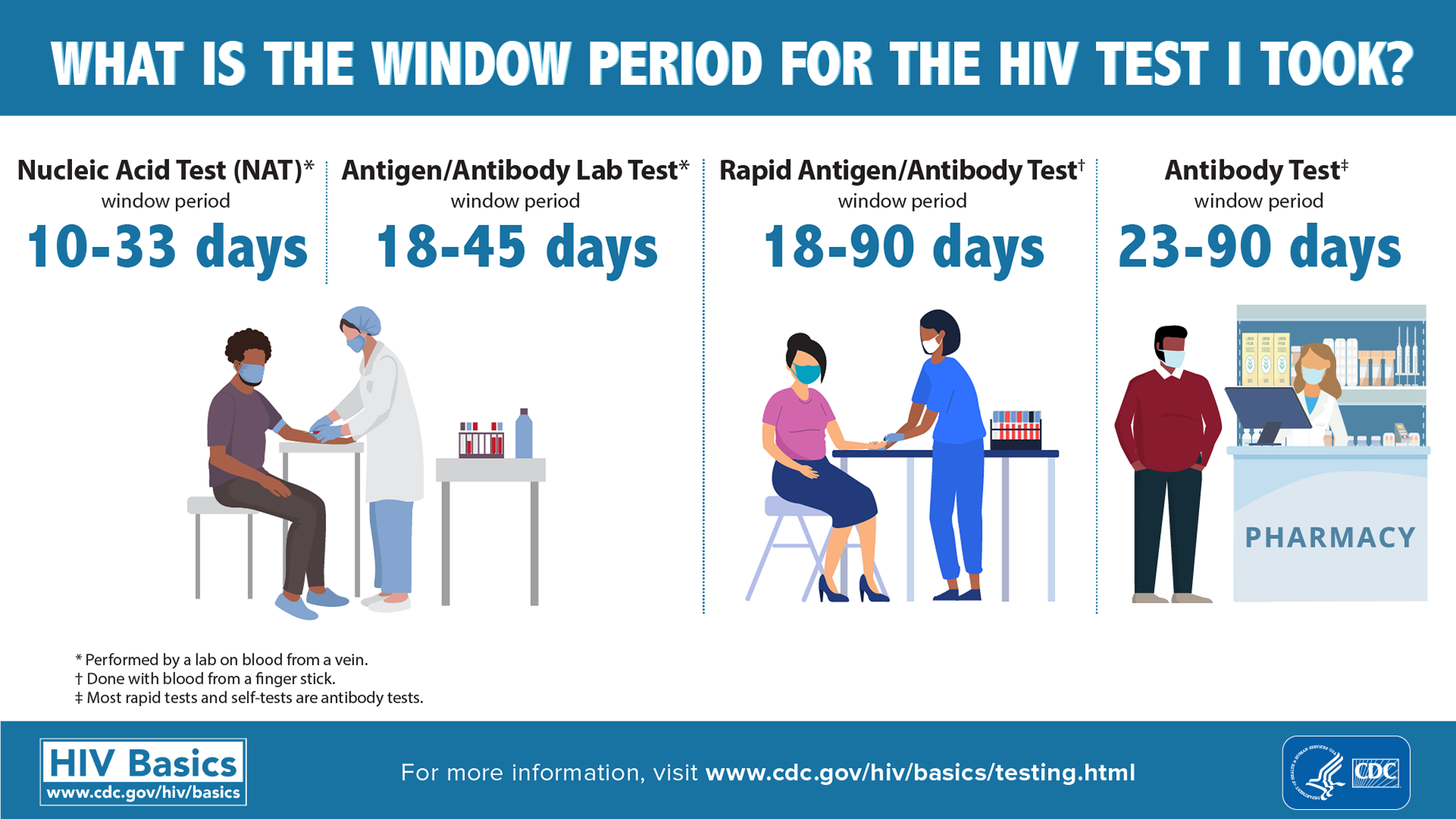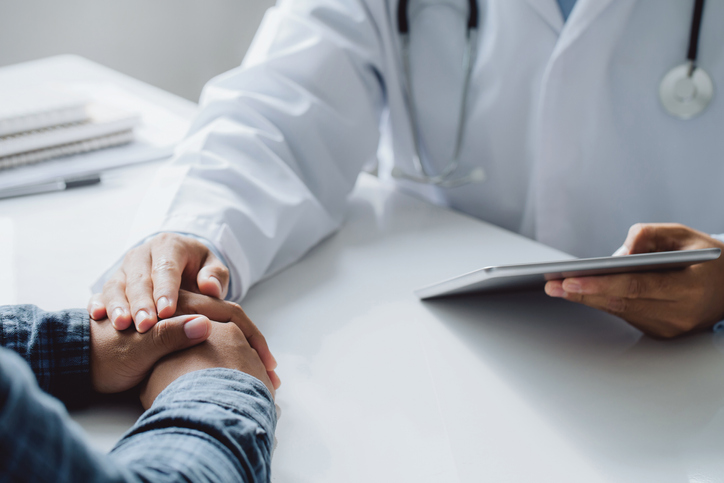The only way to know for sure whether you have HIV is to get tested. Knowing your status is important because it helps you make healthy decisions to prevent getting or transmitting HIV.

1. Who Should Get Tested?
CDC recommends everyone between the ages of 13 and 64 get tested for HIV at least once. People with certain risk factors should get tested more often. You should get tested at least once a year if:
- You’re a man who has had sex with another man.
- You’ve had sex with someone who has HIV.
- You’ve had more than one sex partner since your last HIV test.
- You’ve shared needles, syringes, or other drug injection equipment (for example, cookers).
- You’ve exchanged sex for drugs or money.
- You’ve been diagnosed with or treated for another sexually transmitted disease.
- You’ve been diagnosed with or treated for hepatitis or tuberculosis (TB).
- You’ve had sex with someone who has done anything listed above or with someone whose sexual history you don’t know.
Before having sex for the first time with a new partner, talk about your sexual and drug-use history, disclose your HIV status, and consider getting tested for HIV together.
2. Why Get Tested?
About 1 in 8 people in the United States who have HIV do not know they have it. The only way to know for sure whether you have HIV is to get tested. Knowing your HIV status gives you powerful information to keep you and your partner healthy.
3.Types of HIV Tests
There are three types of HIV tests: antibody tests, antigen/antibody tests, and nucleic acid tests (NAT).
Talk to your health care provider about what type of HIV test is right for you.
4. What is the HIV Window Period?
 The window period for an HIV test refers to the time between HIV exposure and when a test can detect HIV in your body. The window period depends on the type of HIV test used.
The window period for an HIV test refers to the time between HIV exposure and when a test can detect HIV in your body. The window period depends on the type of HIV test used.
- Antibody tests can usually detect HIV 23 to 90 days after exposure. Most rapid tests and self-tests are antibody tests.
- A rapid antigen/antibody test done with blood from a finger stick can usually detect HIV 18 to 90 days after exposure.
- An antigen/antibody lab test using blood from a vein can usually detect HIV 18 to 45 days after exposure.
- A nucleic acid test (NAT) can usually detect HIV 10 to 33 days after exposure.
5. How to Get Tested
Most HIV tests are available for free or at a reduced cost. Reach out to the HOPE Clinic to get more information on how to get tested. You can also find a testing site near you by:
- using CDC’s HIV prevention services locator
- visiting gettested.cdc.gov, or
- calling 1-800-CDC-INFO (232-4636).
6. Understanding Your Test Results

If you have a positive test result from a rapid test or a home test, you need a follow-up lab test for confirmation. Once your positive test has been confirmed, you will be offered treatment and counselling and support.
If you have a test result that is negative, it should always be confirmed by a follow-up test around 12 weeks later. This is because of a window period, when HIV may be present in your system but not detectable. During this period (usually 4–12 weeks), you can still be highly infectious. The window period varies from person to person and depends on the type of test used.
7. Sharing the Results
HIV tests may be anonymous or confidential.
Anonymous testing means only you will know the test result.
- When you take an anonymous HIV test, you get a unique identifier that allows you to get your test results.
- You can also buy an HIV self-test if you want to test anonymously.
Confidential testing means your test result will be part of your medical record.
- Your name and other personal information will be attached to your test results.
- The results will go in your medical record and may be shared with your health care provider and health insurance company.
- Otherwise, your results are protected by state and federal privacy laws, and they can only be released with your permission.
With confidential testing, if your test result is positive, the result and your name will be reported to the state or local health department to help public health officials estimate HIV rates in the state. The state health department will then remove all personal information about you (name, address, etc.) and share the remaining information with CDC. CDC does not share this information with anyone.
You should share your HIV status with your sex or needle-sharing partners. Whether you disclose your status to others is your decision.
Do you have questions or want to get tested for HIV? Contact HOPE Clinic at (205) 614-6171 or visit: whatleyhealth.org/hope/
